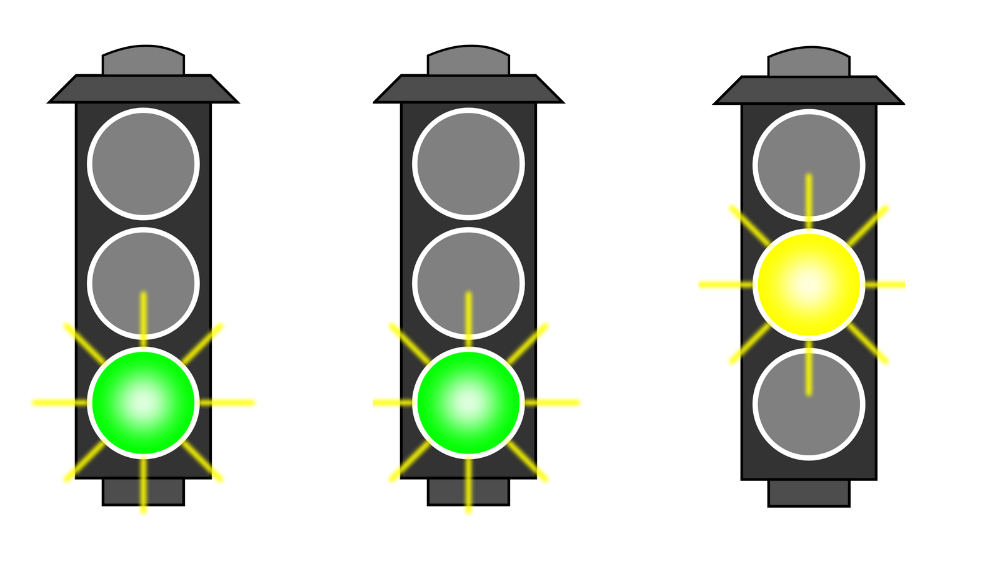Our handy model for cracking hard problems related to effective climate action
There are plenty of analysis solutions out there for making business decisions. Many of these end up burning more fossil fuels, and putting more carbon into the atmosphere.
These analysis tools might work for effective climate action too, but in case not, here’s See Through News’s in-house method. We offer it in the same spirit of open-source radical transparency as our 4-step method of never forgetting an online password ever again – it’s worked for us, and you’re welcome to try it if you like.
What we do when faced with a Big Problem
- First, come up with a solution. At this stage it can just be a notion, an idea, a draft, an outline of a possible answer.
- Sketch out your idea, using whatever process works for you, until your proposal has a shape, a distinct process, a beginning, middle and end, and feels like a decent proposition.
- Imagine describing it to an intelligent but impatient 6-year-old. Even better, describe it to an intelligent but impatient child.
- Try it on a trusted friend or two, just in case you’ve missed something really dumb.
- Pay attention to their feedback, incorporate it into your model, refine, hone and polish it.
- List the main areas of expertise required to make it work. For a relatively simple project, this could be a list of one. More complex challenges could run well into double figures.
- Practice explaining it until you feel you wouldn’t feel too embarrassed describing it to a world expert.
- Check no one else appears to already be doing what you have in mind.
- Now find the closest person to a world expert in any one of the fields that you can call up – which of the areas they specialise in doesn’t matter – and call them up.
The Traffic Light Analysis System
After the small talk, and before laying out your cunning plan, ask the world expert to:
- promise not to sugarcoat their response, and if in doubt to err on the side of brutal honesty
- interrogate the proposal in as much detail as they see fit
- give two traffic light assessments of the proposal, one for Originality, the other for Feasibility
- if they give two greens, ask them to explain their biggest Amber in as much detail as possible.
Now perform your show-and-tell, pick up a pen, and poise it over a blank sheet of paper as you ask for their verdicts.
Red Light, Thank you and Good Night
If they give a Red Light for either Originality or Feasibility, and you can’t persuade them otherwise, thank them for their insight and promise them a dinner/drink/backrub next time you meet.
Working as a non-profit with a budget of zero is hard enough. Don’t waste any more of your time if someone else is already doing the same thing, or something very similar.
As for Feasibility, if a world expert tells you it can’t be done, drop it, or re-invent it until they give you a green light.
Green Light, Effective Climate Action Delight
Should you get two Green lights, give yourself a pat on the back, but only a little one. There are plenty of solutions that are both original and feasible, and totally useless.
It’s probable that no one has ever tried to lasso a piranha with dental floss. It could probably be done, but that doesn’t mean it’s a worthwhile cause to which to devote years of your life.
So when your world expert gives their Amber light, pay extremely close attention. Repeat your understanding of what they’ve said back to them. Make sure you’ve grasped all the jargon, are familiar with all the key concepts, and can clearly identify the area of expertise of this Amber deficiency.
Ponder how to address this Amber, and revise your cunning plan.
Now find a world expert in the Amber area, call them up, and repeat the process.
For a simple concept, it may only take two or three calls to either hit a Red Light buffer, or to turn all your Ambers Green.
Once you have a clear run of Green lights, you can give yourself a more vigorous pat on the back, and embark on executing your plan.
However ambitious it may, like our Magic See-Through Mirror plan, which started with a list of 16 areas of expertise, this traffic light system of analysis means you can be confident you’ve done your due diligence, and refer to a series of world experts if anyone questions any part of it.
Others, like our Video Games programme, have fewer moving parts, but new ones can be added as the concept develops.

